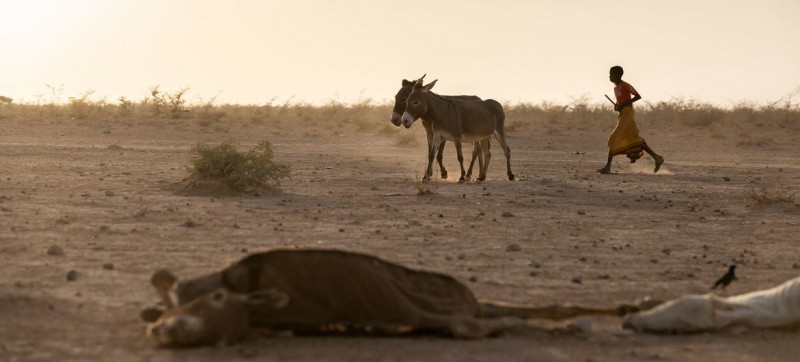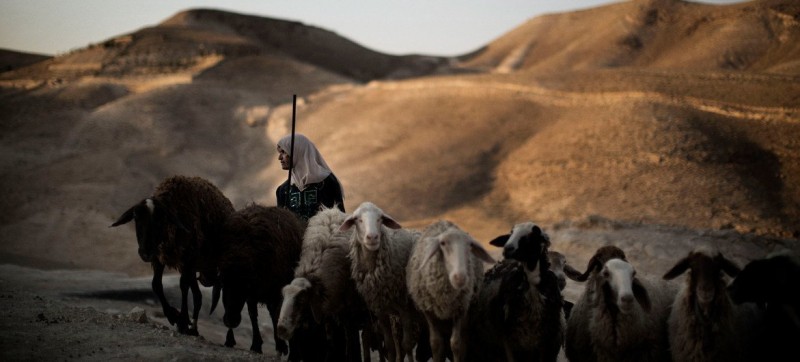A boy leads his donkeys home in a drought affected area in south east Ethiopia. Animal health is important to help reduce greenhouse gas emissions, but greater investment is needed to evaluate the impact, the Food and Agriculture Organization (FAO) and partners said in a report published on Thursday. Diseases affecting animals – as well as how long they live and how productive they are – have a significant impact on emissions. However, no standardized method currently exists to measure progress so that improved animal health can be included in national climate commitments.
Across the globe, people are transforming agrifood systems to become more nutritious, equitable and sustainable.
Listen to how one town in northern Italy sparked a global movement to bring about change to local agrifood systems 👉 https://t.co/EGDKqVcdhR pic.twitter.com/T5muhxiwBU
— Food and Agriculture Organization (@FAO) July 21, 2022
The partners are advocating for greater investments to establish systems for measurement, reporting and verification (MRV).
“This report marks a breakthrough in highlighting the importance of animal health and guiding countries towards a much more granular approach in evaluating its role and how it needs to be incorporated into national commitments to help mitigate the climate crisis,” said Maria Helena Semedo, the FAO Deputy Director-General.
Animal health vital
The UN agency issued the report alongside Global Dairy Platform, which promotes responsible food production, and the Global Research Alliance on Agricultural Greenhouse Gases.
FAO considers animal health vital for sustainable livestock production. Not only are animal products a source of high-quality food, they also are a source of income for many small farmers and animal holders, significantly contributing to livelihoods and economies in many developing countries.
The livestock sector provides vital nutrition and livelihoods for more than a billion people worldwide, said Donald Moore, Executive Director of Global Dairy Platform.
Address critical gaps
The report outlines how governments and industry can work together on climate solutions and is part of an initiative by the global dairy sector to reduce emissions over the next 30 years.
“While this report clearly demonstrates the opportunity for improved animal health to contribute to climate mitigation, it also highlights the need to address critical data gaps and build capacity in low and middle-income countries, in particular,” said Mr. Moore.
The report shows how countries can develop an MRV system at national level, using detailed methodologies developed by the Intergovernmental Panel on Climate Change (IPCC).
Manure management
One approach, known as Tier 1, only allows for estimating emissions per animal with regional averages, while Tier 2 examines specific local production systems.
Data on feed for different categories of animals and manure management systems are also critical as these have a strong influence on emission factors.
Recommendations contained in the report include establishing a data collection and maintenance system, while the capacity of governments and partners should be enhanced in calculating emissions and accounting for impact throughout the value chain.

A Palestinian herder takes sheep to a rehabilitated cistern for water.

